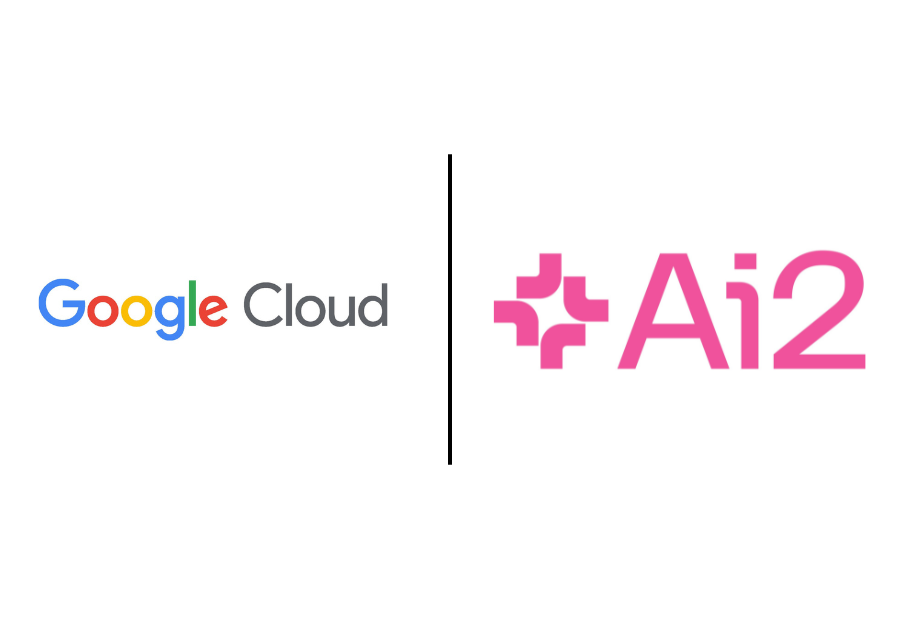This is an exclusive interview series conducted by the Editor Team of The Mainstream with Mr. Mario Foster, Group Chief Information Officer at Al Ghurair Group.
Technology is no longer simply a sector of modern economies—it is the lifeblood of modern economies and daily life. Digital skills have become prerequisites for career progression, business success, and national progress, whether in artificial intelligence, cloud computing, data analytics, or other emerging fields. In a post-COVID era, as companies regain stability, skill practitioners must learn to adapt to the new normal and develop the skills that truly matter.
Mario Foster, Group CIO of Al Ghurair Group, shares his thoughts on digital literacy, the future of technology jobs, and the role of educational institutions in upskilling youth in this exclusive interview.
What is digital literacy and why does it matter?
Digital literacy goes beyond simply operating a computer or browsing the internet. It’s the ability to leverage digital tools to solve problems, create efficiencies, and drive innovation.
It is a fundamental skill, just as essential as literacy and numeracy. Whether in business, healthcare, finance, or education, nearly all industries now require some level of proficiency in data, security, and digital platforms. Without these skills, individuals risk being left behind, struggling to compete in an increasingly tech-driven world.
As an IT Leader, what are your views on digitally upskilling the youth in the post-COVID era?
The post-COVID world accelerated technology transformation at an unprecedented pace. Remote work, e-learning, and automation have become the new normal, making digital skills more critical than ever. Today, it is not just degrees but practical skills that determine employability for young job seekers.
Young professionals need to go beyond the basics and seek out opportunities that differentiate them. Certifications in technology-related fields like cloud computing, cybersecurity, artificial intelligence, and data science are in high demand and can help candidates stand out. Additionally, hands-on experiences such as internships, freelancing, and coding boot camps play a crucial role in bridging the gap between academic learning and industry requirements.
How can the youth be digitally empowered? What kind of exposure and engagement opportunities in the educational curriculum can educational institutes implement to raise interest of youths to upscale their digital skills?
Empowering youth requires an early and hands-on approach to technology. Educational institutions should focus on real-world problem-solving by:
- Encouraging students to undertake tech-centric projects that address social challenges.
- Partnering with companies to offer internships and mentorship programs.
- Introducing AI and coding boot camps at an early age to develop computational thinking.
- Integrating cybersecurity awareness as a fundamental part of education.
It’s not just about learning technology; it’s about building a mindset of innovation and continuous growth.
Should it become a must for schools, colleges, and other educational institutes to conduct workshops or crash-course programs to drive the importance of technology for businesses?
Absolutely. In most industries, technology is no longer an option—it is a requirement. Just as academia has adapted to a changing world, schools and colleges must introduce mandatory technology workshops, hackathons, and boot camps to prepare students for the evolving job market.
Organizations cannot embrace AI automation without a workforce equipped with technical skills. By incorporating career and technical education, students can develop into entrepreneurs and innovators, rather than just job seekers.
As an IT leader, what advice would you give to the youth considering their career in the technology industry? What should they know about the industry before starting their career? What challenges could they face, and how do they overcome them?
Technology is one of the most dynamic and fast-growing industries, but it is also highly competitive. My advice for young professionals:
- Don’t just learn—experiment. Theory is important, but practical experience will give you an edge. Build things, contribute to open-source projects, or develop a startup idea.
- Become a problem solver. The best professionals are those who can adapt, think critically, and continuously learn.
- Stay curious. The tech landscape changes rapidly—those who embrace lifelong learning in AI, cloud computing, and cybersecurity will stay ahead.
- Be prepared for challenges. The industry is demanding, but perseverance, networking, and an open mindset will help you succeed.
Any other points you would like to highlight?
The future is bright, but it requires collaboration between governments, educational institutions, and businesses to create an ecosystem where young professionals don’t just use technology but contribute to its advancement.
Digital empowerment goes beyond job creation—it’s about developing a generation that is more informed, connected, and capable of leading the next wave of global transformation.
Also read: Viksit Workforce for a Viksit Bharat
Do Follow: The Mainstream formerly known as CIO News LinkedIn Account | The Mainstream formerly known as CIO News Facebook | The Mainstream formerly known as CIO News Youtube | The Mainstream formerly known as CIO News Twitter |The Mainstream formerly known as CIO News Whatsapp Channel | The Mainstream formerly known as CIO News Instagram
About us:
The Mainstream formerly known as CIO News is a premier platform dedicated to delivering latest news, updates, and insights from the tech industry. With its strong foundation of intellectual property and thought leadership, the platform is well-positioned to stay ahead of the curve and lead conversations about how technology shapes our world. From its early days as CIO News to its rebranding as The Mainstream on November 28, 2024, it has been expanding its global reach, targeting key markets in the Middle East & Africa, ASEAN, the USA, and the UK. The Mainstream is a vision to put technology at the center of every conversation, inspiring professionals and organizations to embrace the future of tech.




